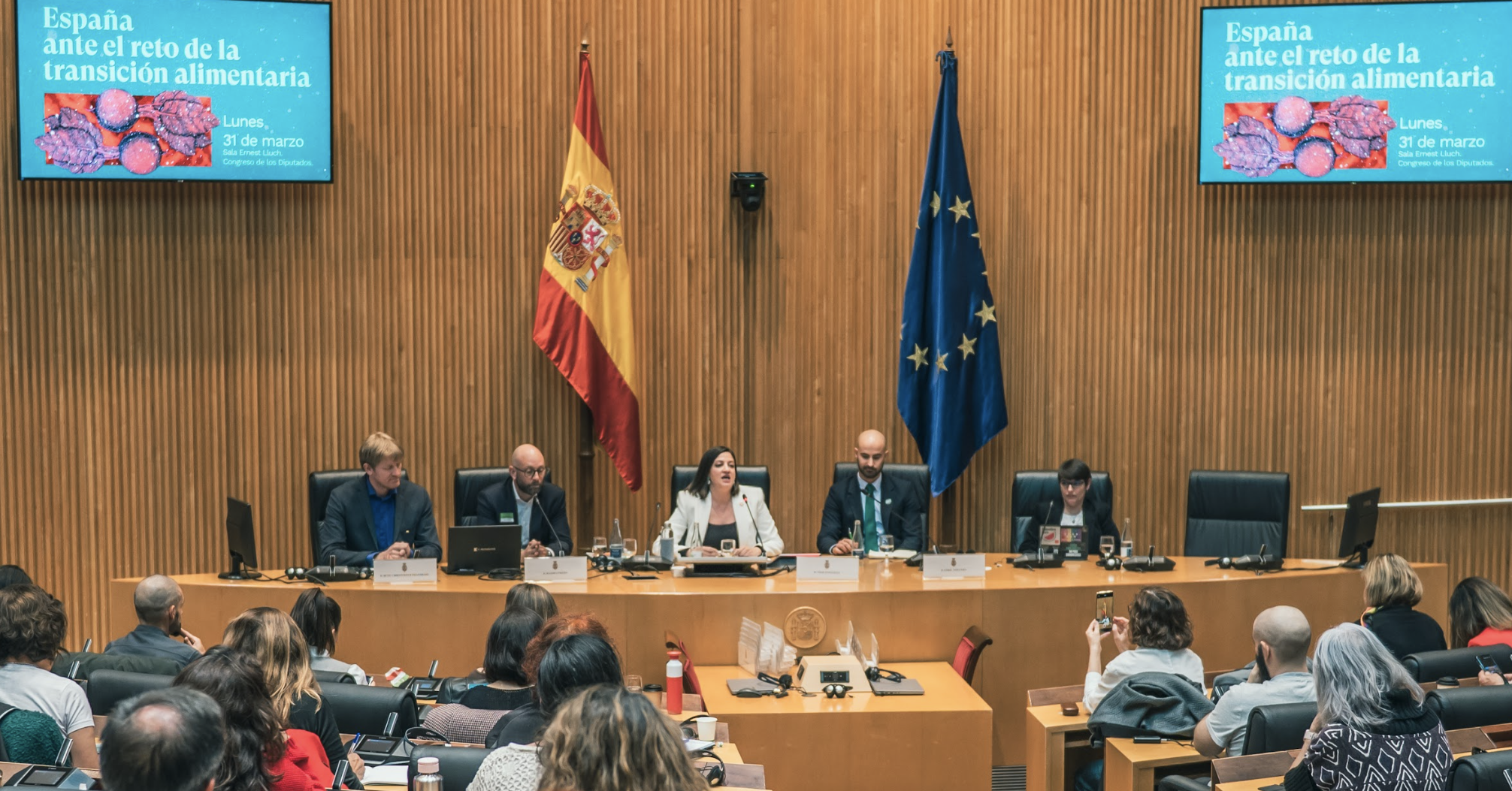Compassion in World Farming (CIWF) is a fast-growing and influential international organization that is already helping millions of animals in the livestock industry to live a better life. But we want more, because the livestock industry is not only a disaster for animals. It pollutes and warms the earth, threatens human and animal health, and contributes to the unequal distribution of food on earth. That is why CIWF is committed to more animal-friendly, healthy and sustainable livestock farming, for animals, people and the earth.
- Do you want to help improve the lives of billions of animals and our food system?
- Do you have an affinity with online marketing, fundraising and social media?
- Are you looking for a challenging job in an inspiring, international team?
Then we are looking for you!
WHAT YOU'LL BE DOING
You will work closely together and support our fundraising manager regarding:
- Online donor recruitment.
- Retaining donors, by binding them to us and informing them about our work through targeted communication and actions.
- Donor campaigns via email, post and telemarketing campaigns.
- Attractive emails and segmented email welcome journeys.
- Maintenance, monitoring and content of our social media channels.
- Organization of events and production of printed matter.
Moreover, you think and talk about our actions and campaigns for the animals. You will mainly work together with colleagues in our Dutch team (Nijmegen) and also in our head office (Great Britain).
WHO ARE YOU?
- A communicative team player.
- Preferably a relevant education at HBO level.
- You have experience with online marketing, fundraising and social media.
- You are not afraid of numbers and have analytical skills.
- Excellent verbal and written expression skills in Dutch (mother tongue) and English.
- You are accurate, independent and know how to get things done.
- Experience with online systems such as cms / crm.
- You are good at planning and organizing.
- And of course you have a heart for animals and enjoy working with our team on our mission.
WHAT DO WE OFFER YOU?
- A challenging job in a small, enthusiastic and fun team in the Netherlands.
- A job that really matters.
- Employment of 24-36 hours per week.
- The salary is a maximum of € 2292 gross per month for 28 hours per week and depends on your knowledge and experience.


